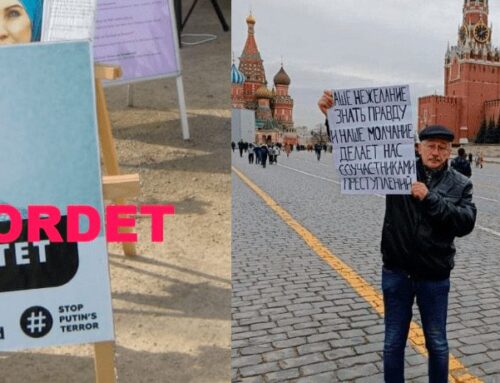Moldova is seriously affected by ‘state capture’
Over the last decade, Moldova has gone through several stages of corruption – from endemic corruption, to the “politicization” of the fight against corruption by eliminating political rivals and business competitors and ultimately to state capture by a narrow group with obscure interests, says the study “State Capture: the Case of the Republic of Moldova” that was launched by Transparency International – Moldova, Association for Participatory Democracy (ADEPT), Institute for Development and Social Initiative “Viitorul” and the Legal Resources Center of Moldova on June 16, IPN reports.
According to the study, beginning with 2009, the Democratic Party of Moldova (PDM), headed initially from the shadows, and then officially by the controversial oligarch Vladimir Plahotniuc, imposed its interests in cartel agreements between members of the ruling coalition, which were three at first. Initially, he took control of the anticorruption bodies, further expanding the law enforcement, gradually eliminating some of the players from the game. “The state capture started in 2009, when Parliament allowed distributing the posts between the three ruling parties. They began then to free Moldova from Communists, but now we have a “mafiotized” state,” ADEPT executive director Igor Botan said in a news conference at IPN.
The study authors say the PDM obtained modest results in the last parliamentary elections. However, it “converted” by various methods, including blackmail and bribery, MPs from other factions. Parliament has been subject to an unprecedented dictate of political “migration”. At present, PDM has become the absolute beneficiary of the “migration” phenomenon of deputies and in fact controls the Legislature. “The current legislative body is very productive when there are particular interests,” stated Igor Botan.
Anticorruption bodies, due to their hierarchical subordination and lack of individual guarantees and freedoms similar to judges, are more prone to control. The selectivity of filing files against political opponents and economic competitors speaks of the fact that the institutions are under the influence of this group of interests/oligarchs. The interest group that controls the Legislature and the anti-corruption bodies extends its control over the judiciary. “The Prosecutor General’s Office hasn’t yet shown that it terminated its affiliation with the PDM. There are many examples pointing to this connection,” said Nadejda Hriptievschi, programs director at the Legal Resources Center of Moldova.
According to the study, criminal prosecution bodies and courts have been used by the PDM as instruments of intimidation and loyalty to political rivals both at central and local levels. This practice is particularly noticeable with regard to local councilors and mayors who are blackmailed to join the PDM. The central government and, to a large extent, the local government are controlled by this party that uses state institutions for their own benefit. “We have a ruling party that represents a center where all the decisions are taken. From several parties that ruled in 2009, we now have one party that stifled all the others, eliminating them,” noted Transparency International – Moldova executive director Lilia Carasciuc.
The study says that by controlling the Legislature and dominating, in large part, the Judiciary, it is very easy to concentrate power in the institutions of the Executive. “The Government is subdued and is excessively politicized. The fight against corruption led by the Executive is open to question, especially in the recent past. The decisions taken by the Government today do not belong to the ministers,” stated “Viitorul” expert Ion Tabarta.
This activity was conducted within the project “Building the State of Law and Democracy: the Contribution of Civil Society” funded by the Embassy of the Kingdom of the Netherlands to Romania. The opinions expressed in this document do not necessarily reflect the position of the donor.
Source: ipn.md









Leave A Comment